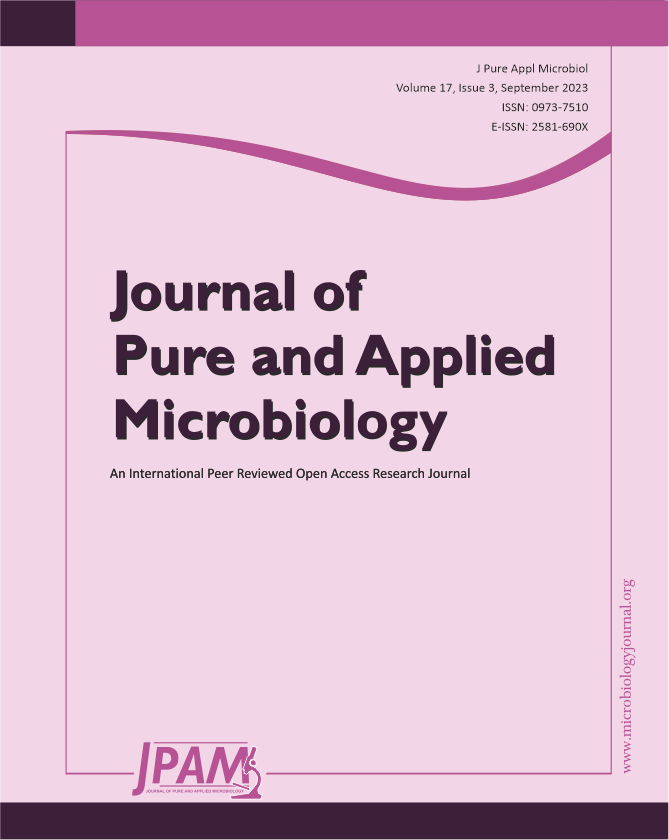The emergence of the SARS-CoV-2 Omicron variant has raised concerns due to its increased transmissibility and potential implications on clinical characteristics and outcomes in infected individuals. The aims of this report were to study the profile of SARS-CoV-2 infection with omicron variant, investigate the infection outcome, reinfection rates with associated factors, antibody levels, and explore the associations between biochemical markers and disease severity. This prospective cohort study was conducted in Duhok city in the Northern of Iraq. All volunteers with confirmed SARS-CoV-2 RT–PCR and confirmed Omicron infection who were older than 18 years old and agreed to participate were recruited for this study. The study was carried out from January to April 2022. There were 234 cases of confirmed SARS-CoV-2 RT–PCR Omicron infection. The mean age was 48.12±17.3 years, 43.2% were vaccinated, and 40.2% were male. Among the recruited patients, 99.1% recovered and did not need hospitalization. In this study, (38.9%) had a history of previously confirmed COVID-19 infection. Reinfection was significantly higher in females than males (p=0.04; OR= 0.56). It was found that the IgG antibody levels were higher in patients who received Pfizer-BioNTech than in those who received other vaccines (p=0.001). The levels of IgG were also significantly higher in patients with mild infection (p=0.046), whereas the levels of D-dimer were significantly higher in patients with severe cases of the infection compared to those with mild or moderate cases (p=0.001). Additionally, the levels of C-reactive protein (CRP) were observed to be higher in individuals with moderate cases of infection than in mild and severe cases (0.001). Individuals who contracted the Omicron strain generally had positive outcomes. Reinfection with the Omicron variant was relatively high. IgG levels were higher in patients with mild disease, implying that they were associated with decreased disease severity. We found significant associations between D-dimer levels and the severity of the disease. Additional research is required to investigate the long-term effects of Omicron infection.
Infection Outcome, Reinfection, SARS-CoV-2 Antibody, Omicron Variant, RT-PCR
© The Author(s) 2023. Open Access. This article is distributed under the terms of the Creative Commons Attribution 4.0 International License which permits unrestricted use, sharing, distribution, and reproduction in any medium, provided you give appropriate credit to the original author(s) and the source, provide a link to the Creative Commons license, and indicate if changes were made.


